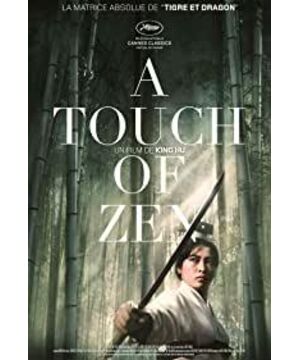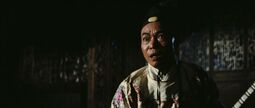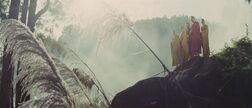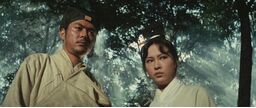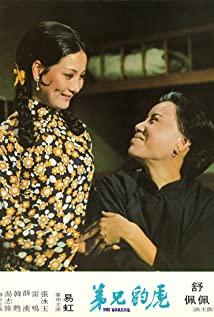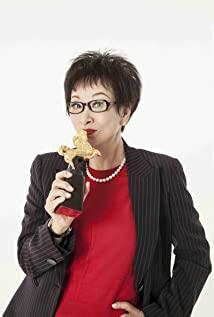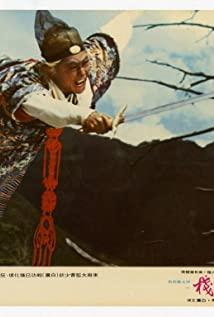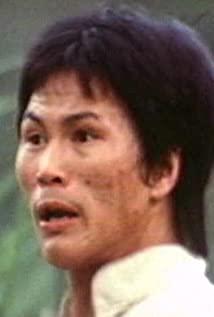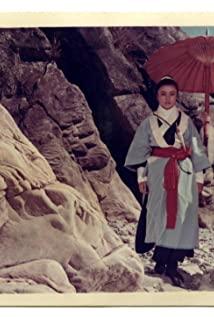Westerners feel that Akira Kurosawa's expression is Western, Yasujiro Ozu and Kenji Mizoguchi are Oriental, and so is Hu Jinquan.
I think Mizoguchi Kenji and Hu Jinquan have similarities. The similarity lies in the fact that the two movies have a scroll-like feeling of unfolding in traditional oriental scrolls. With traditional folk music, the paintings that you usually see are "live".
Of course, Hu Jinquan is far worse than Mizoguchi Kenji in characterization and performance. This is because he himself mentioned the problem of his films "stereotyped characters and storylines", which is a bit like Hollywood. However, this all comes from what he learned from traditional drama. Hu Jinquan is probably the pinnacle of "shadow drama". After that, Hong Kong began to follow the paths of Hong Kong and Taiwan films that we are familiar with, and Hu Jinquan was buried in the new wave. .
In "Hu Jinquan Talks About Movies", he said that he was affected in three aspects: "appearance", "structure" and "action".
He divided the "action" into "real performance" and "fake performance". "Real performance" means that in traditional dramas, the role is first and then the protagonist. The protagonist must bring his own BGM when he appears. "Real" means that other people in the play have repeatedly discussed, but the protagonist has been late to appear. In fact, there are only two ways of appearing in Western movies, "real" such as "General Patton" and "false" such as "Lawrence of Arabia". Hu Jinquan's traditional sense of drama still comes from his use of film language.
In terms of "structure", Hu Jinquan pays attention to Chinese subtleties, just like Wang Guowei said "words are separated from meanings". This is something that only a master can do. He is still a little short of the heat. It is very difficult. It is a "poetic" movie. Looking at the entire film history, few can do it. And when the director shoots it, the audience can understand it. For example, when a cross appears in a Western picture, we can associate it with Christianity, and when a picture appears in a dream, we can try to interpret it with psychoanalysis. For example, in "Empty Mountain and Spiritual Rain", the old host "Yu Yi Nirvana" can either die or not die. The Sun Yue ferry boat behind is the meaning of saving all beings in Buddhism. If you are not sensitive to traditional Chinese symbols, you will not be able to appreciate Hu Jinquan's "meaning connection".
He said that he did not understand martial arts, and he decomposed the movements in the national drama, adding dance and music. The characteristic of martial arts in Chinese dramas is freehand brushwork. It is enough to ride a horse with a whip, and to chase and turn in circles. It is extremely difficult to use this freehand brushwork language in a movie to make it stand out. Hu Jinquan has found a difficult way to go.
"Dragon Inn" and "Legend in the Mountains" are like martial arts novels. "Chivalrous Girl" was selected from "Liao Zhai", and the novel was changed into a play script, and the drama was changed into a movie, so it is so Chinese.
View more about A Touch of Zen reviews


